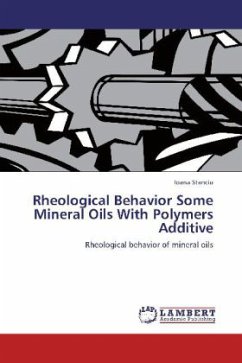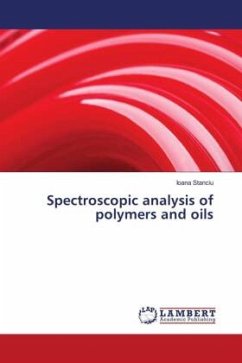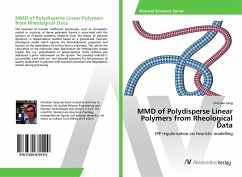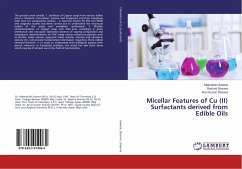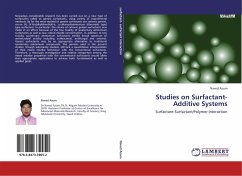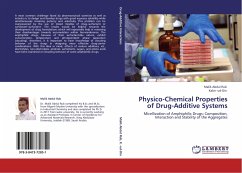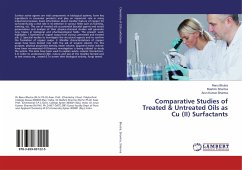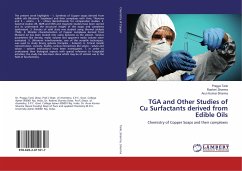With the progress in the construction of engines, to use in industry and transport mechanisms and improved automation application in various fields of manufacturing technology of oil was put in front of difficult and complex problems. Modern lubricants production orientation imposed a new criterion for assessing the raw material extraction processes and the dew axing solvents, namely susceptibility oil additives, the degree of improvement achieved with a certain amount of additive depends primarily the nature of how oil and oil refining. Rheological behavior and viscosity index properties are of great importance in terms of operation and fuel consumption of an engine: the oil viscosity increases with the multigrade oil consumption is lower. Multigrade oils have some advantages for car: ignition of the engine cold, strain relief and reducing engine deposits formation. These engines can be used for longer than base oils because they are highly refined and contain higher proportionsof additives.
Bitte wählen Sie Ihr Anliegen aus.
Rechnungen
Retourenschein anfordern
Bestellstatus
Storno

